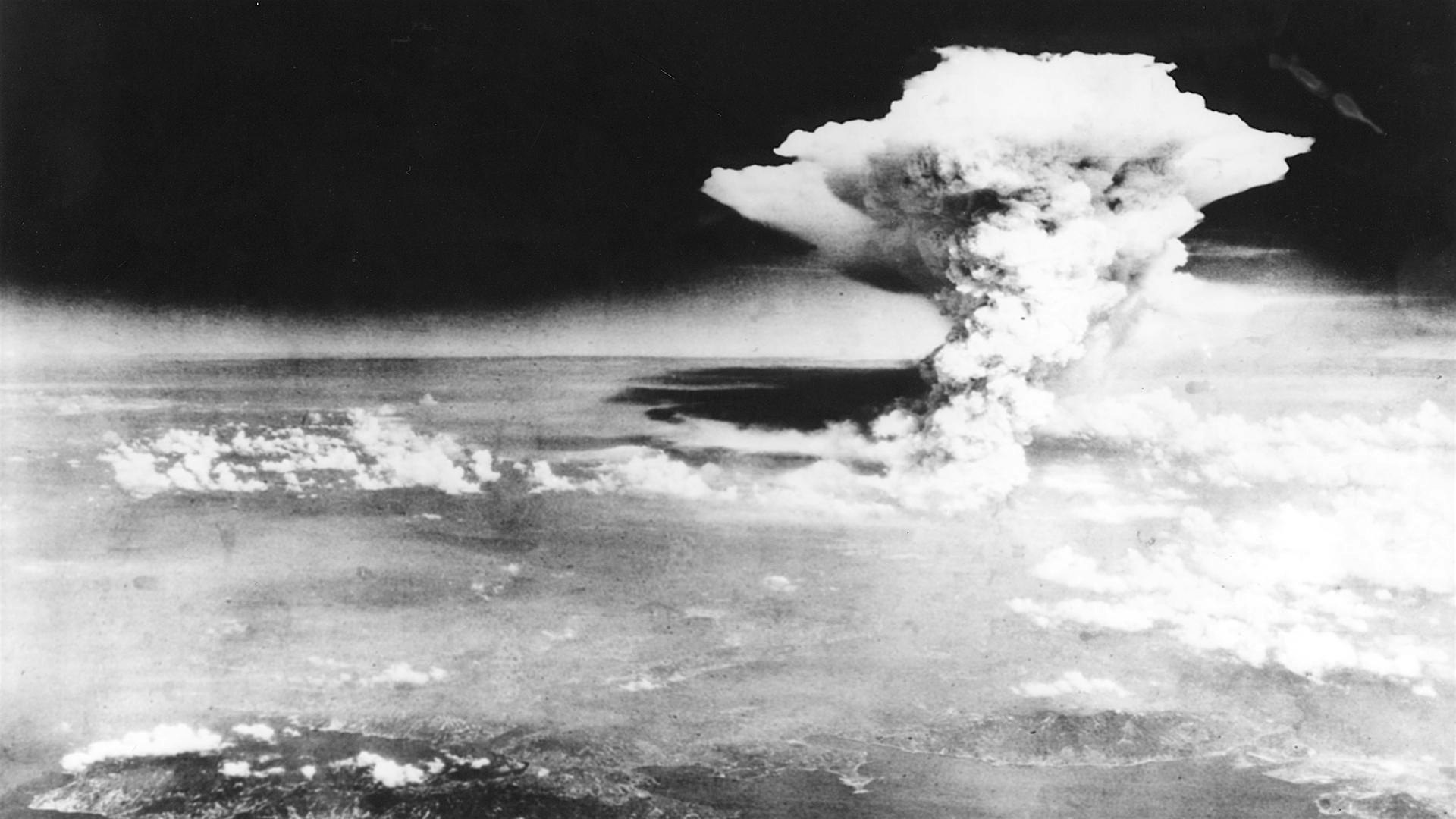
On August 6, 1945, the United States became the first and only country to carry out a nuclear attack, dropping an atomic bomb on the Japanese city of Hiroshima. The explosion killed at least 70,000 people instantly — though some estimates place the toll nearly twice as high. Three days later, another bomb struck Nagasaki, killing at least 40,000 more.
At the time, American public opinion strongly favored the decision. Polls showed that 85% of U.S. citizens approved of the bombings, widely believing they ended World War II and saved countless American lives.
A Declining Sense of Justification
Eighty years later, that sentiment has shifted dramatically. A Pew Research Center poll released last month shows Americans are now almost evenly divided:
-
About one-third say the bombings were justified.
-
Another third say they were not.
-
The rest remain unsure.
Eileen Yam, director of science and society research at Pew, noted that approval has been steadily declining over time. “This is something Americans have gotten less and less supportive of as time has gone by,” she explained.
Early Voices of Opposition
Even in 1945, there were critics. Former President Herbert Hoover condemned the bombings, writing, “The use of the atomic bomb, with its indiscriminate killing of women and children, revolts my soul.” Albert Einstein and other influential figures also questioned the morality of the attacks.
Historians have since challenged the idea that the bombs were the decisive factor in Japan’s surrender. Some argue that the Soviet Union’s declaration of war against Japan on August 8, 1945, was a more significant turning point. Others suggest the bombings were partly intended as a show of force ahead of the Cold War.
The Role of Survivor Testimonies
Public perception began to shift as more accounts from survivors emerged. In 1946, journalist John Hersey’s groundbreaking piece in The New Yorker chronicled the lives of six Hiroshima survivors, revealing the horrific realities of radiation sickness and mass civilian suffering.
By 1990, Pew polls showed approval for the bombings had dropped to just 53%.
Nuclear Anxiety in a New Era
As the World War II generation fades, younger Americans approach U.S. military intervention and the use of force with greater skepticism. Modern geopolitical tensions — from U.S.-Russia friction to conflicts like the recent India-Pakistan clashes — have revived fears of nuclear escalation.
Analysts warn that the real question now isn’t whether nuclear deterrence has worked in the past, but whether it can work indefinitely. With global instability rising, the lessons of Hiroshima and Nagasaki continue to shape how Americans view both the past — and the dangerous possibilities of the future.